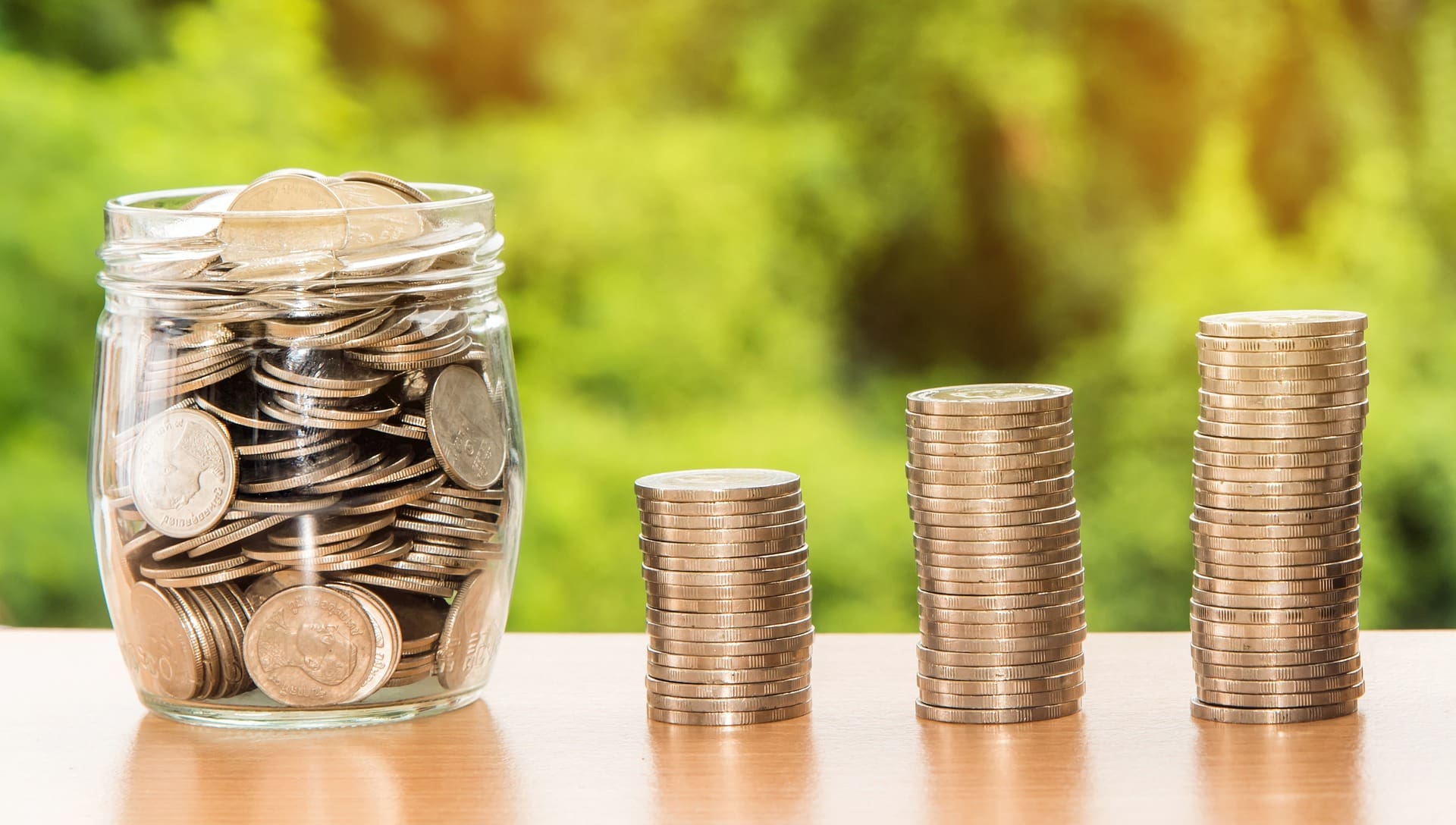
Expat financial advice: Why should I have a 6 month emergency fund?
Whenever I speak to clients about investing, I always talk about having an emergency fund equivalent to 6 months of expenses first.
Why?
Sometimes life can present you with a situation where you need quick access to money and without a financial safety net it can threaten your financial well-being and cause a great deal of stress.
Here are 3 instances where you may need access to an emergency fund:
1️⃣ If you lose your job.
2️⃣ Unexpected events like medical bills, home or car repairs.
3️⃣ Family Emergencies
Where to keep your emergency fund?
You need to keep your emergency fund on deposit in the bank. I know this means that your return on this money will be negligible. However by doing so, you can be certain that the money will be there when you need it and you won’t run the risk of having less than you originally invested.
The alternative would be to have the money invested in assets, i.e. stocks, bonds, etc. The problem with this is that assets can go down in value as well as up. Not only that, but they tend to have an irritating habit of falling in value right before we actually have an emergency and need the money.
In addition to the critical role an emergency fund plays in safeguarding your financial stability, it’s important to consider other aspects of a comprehensive financial plan. Diversifying your investment portfolio, for instance, is a key strategy for long-term wealth accumulation. This involves spreading your investments across different asset classes, such as stocks, bonds, and real estate, to mitigate risk and potentially increase returns over time.
Moreover, regularly reviewing and adjusting your financial goals and strategies is essential. Life circumstances change, and so do your financial needs and objectives. By staying proactive and adapting your investment approach to align with your evolving situation, you can ensure that your financial plan remains effective and tailored to your unique circumstances.
Working with a knowledgeable and experienced financial advisor can be invaluable in helping you navigate the complexities of the financial landscape. A professional advisor can provide personalised guidance, offer insights into market trends, and assist in optimising your investment strategies to meet your specific goals.
Remember, investing is a long-term endeavour, and patience is a virtue. While it’s natural to monitor the performance of your investments, it’s important to resist the temptation to make impulsive decisions based on short-term market fluctuations. A well-structured and diversified portfolio is designed to weather market volatility and provide you with the potential for sustainable growth over time.
By combining a robust emergency fund with a thoughtfully constructed investment plan, you can lay a solid foundation for your financial future. This balanced approach ensures that you’re equipped to handle unforeseen challenges while also positioning yourself for long-term financial success. Remember, the journey to financial security is a marathon, not a sprint, and with careful planning and diligence, you can achieve your financial aspirations.

Ross is a qualified Chartered Financial Planner and Pension Transfer Specialist.
He has been a cross-border financial adviser for 25 years and specialises in helping British expats manage their finances with clarity and peace of mind.
If you would like to have a no strings chat with him, please get in touch.

